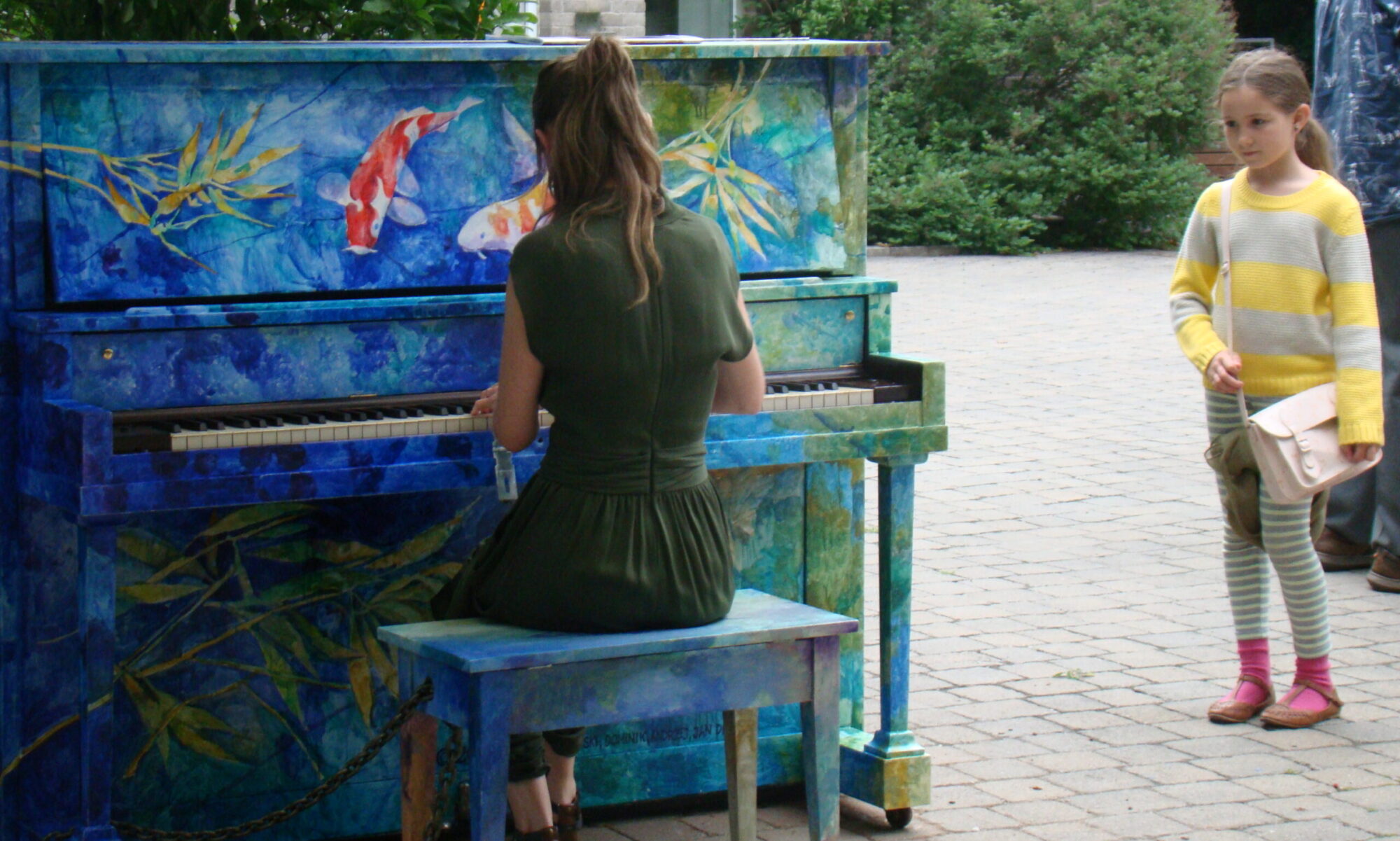On assuming leadership of the Montreal municipal party Vrai changement pour Montréal in December of 2105.
Anyone who watched the red wave unfurl over Canada at last October’s federal elections can now say, in hindsight, that Liberal leader Justin Trudeau’s message of «real change» was a pretty smart guiding principle around which to base the winning campaign.
The principle of «real change» is of course, not new, likely dating back to the first brave soul who stood up to oppose established power (and quite possibly lost their head or a lesser limb in the process). It has, however, a freshness that springs eternal and that follows the cyclical nature of ‒ well, nature itself. As parties or institutions become established, they risk becoming overly comfortable, losing touch with the grassroots groups and popular support that helped carry them to their position of power in the first place. That sense of comfort can lead to arrogance or laziness and eventually corruption or worse. The public, in turn, becomes disenchanted and cynical and soon starts casting around for the next fresh-faced purveyor of the message of change who will rid them of the sickly cronyism, backbiting and infighting that has started to infiltrate the old regime.
What’s interesting about this cycle is not that the public will eventually become disenchanted in their leaders, nor even that parties and institutions eventually become jaded or corrupt: it’s how eager the population shows itself to be, over and over again, and in spite of previous disappointments, to desire and to believe in change. And that is because change and renewal is fundamental to survival, whether it’s the survival of a healthy democracy or, as Darwin has taught us, of a species.
In politics, change is absolutely necessary. Without change, the best of democratic governments would slowly weaken, slipping towards stagnation, a degradation of governance or worse. This is because the strength of a democracy is ensured by the vigour of its debate: of new ideas confronting old; new perspectives being brought to reflect on old problems; new voices making themselves heard in an ever-evolving society.
The political group of which I was recently named leader, «Vrai changement pour Montréal», was created in 2013 by Mélanie Joly, now Canadian Heritage Minister, based on her perception of a social necessity for change. Not just a change in municipal governance ‒ first the Tremblay, then the Applebaum administrations were disgraced by rampant corruption ‒ but a change in message. Montreal is a vibrant, cosmopolitan city that is like no other in North America; but the Montreal «différence» was not reflected in its municipal leaders.
The message of change that first propelled Ms. Joly and her party onto the political stage is just as pertinent now as it was in 2013, as our municipal council slowly falls back into old-style partisan politics, creating an environment of finger-pointing and personalised debates rather than one in which ideas can thrive. Granted, since the arrival of Denis Coderre as mayor of Montreal the worst era of Montreal corruption is, so it seems, behind us. But has there been any real change? Besides the relatively «clean» image of the Coderre administration, they have not substantially differentiated themselves from the continuum.
As we face together the new challenges that await us in the next decades, some of them known challenges and others as yet unknown, our ability to ensure a vigorous debate and to welcome change will be a determining factor in our ability to deal with these challenges. Already appearing on the horizon are the multiple and complex challenges related to climate change, which is happening faster than many of us, and particularly those entrenched in old thought-patterns and modes of functioning, has anticipated. As Canadian communities recently welcomed the ten-thousandth refugee from the Syrian crisis, a foreshadowing of new challenges related to mass movements of migrant populations destabilized by climate change and by global political unrest is brought to our shores in a very tangible way. The aging of the population is yet another challenge that cities, provinces and the country will need to address with agility and creativity as we are forced to create new social paradigms.
New political faces will come forward to add their voices to the debate, to challenge the system and to propose real change; this should always be encouraged and embraced by the very political structures themselves, regardless of how resistant to change the members of that system may be.
